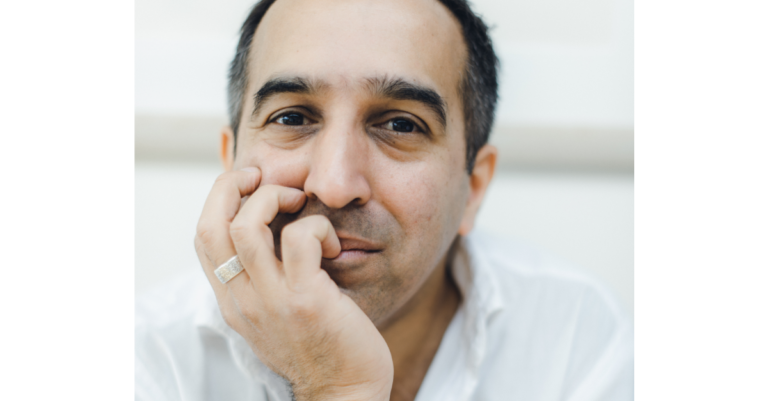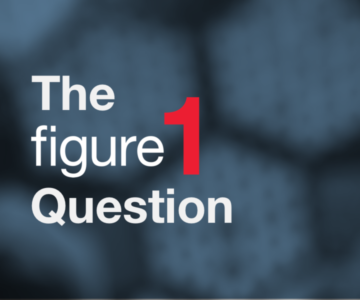
Writing Your Most Meaningful Experiences
If you haven’t started already, now is the time to begin writing your AMCAS activities ... Read more
Written by: Renee Marinelli
Published on: April 24, 2018
Learn about medicine and how to become a physician in our articles for pre-medical students (including the MCAT), medical students, resident physicians, and practicing physicians.

If you haven’t started already, now is the time to begin writing your AMCAS activities ... Read more
Written by: Renee Marinelli
Published on: April 24, 2018

By Adelle, Medical Student The process of applying to residency can surely be daunting. I’ve ... Read more
Written by: Adelle
Published on: April 23, 2018

By The Short Coat Podcast Do med students get training on how to deal with ... Read more
Written by: The Short Coat Podcast
Published on: April 20, 2018

Dr. Samir Guglani (MBBS, MRCP, FRCR) is a consultant clinical oncologist and a writer. He ... Read more
Written by: Gloria Onwuneme
Published on: April 19, 2018

Looking to college and beyond is a major step for a high school student. You ... Read more
Written by: Renee Marinelli
Published on: April 17, 2018

A 37-year-old female presents to her family physician with recurring abdominal and flank pain. She ... Read more
Written by: Figure 1
Published on: April 13, 2018

Mentorship–both giving and receiving–is a crucial part of being a resident Keenan Laraway, MD Short Coat ... Read more
Written by: The Short Coat Podcast
Published on: April 13, 2018

When you receive your score report, you will receive five scores—four scores for each of ... Read more
Written by: AAMC Staff
Published on: April 12, 2018

As essential as it is to know the pathophysiology of various diseases and the pharmacological ... Read more
Written by: Cassie Kosarek
Published on: April 11, 2018

Tell us about yourself. I was born and raised in San Francisco, CA, went to ... Read more
Written by: Student Doctor Network
Published on: April 9, 2018

A 70-year-old smoker presents with a four-week history of dyspnea, cough, and facial swelling that ... Read more
Written by: Figure 1
Published on: April 7, 2018

Everyone gets anxious about tests. And med school features a lot of tests. The news that ... Read more
Written by: The Short Coat Podcast
Published on: April 7, 2018

Ask any doctor, in any specialty and of any age, and they will remember their ... Read more
Written by: Jacob Adney
Published on: April 6, 2018

You’ve likely heard the rumors about the dreaded Intern Year. It’s the worst of the ... Read more
Written by: Amy Rakowczyk
Published on: April 6, 2018

As a physician, I have worked in private practice, academic medicine, research medicine, and community ... Read more
Written by: Suzi Schweikert
Published on: April 4, 2018

How to Think About Med Schools’ Primary Care Statistics Listener Lavender BloodPoison (not their real ... Read more
Written by: The Short Coat Podcast
Published on: March 30, 2018

At this point, you are probably already aware of how competitive medical school admissions are. ... Read more
Written by: Joel Butterly
Published on: March 28, 2018

A 14-year-old boy is brought to the pediatrician by his mother over concerns of difficulty ... Read more
Written by: Figure 1
Published on: March 26, 2018

Studying your butt off for months, suffering through an anxiety-inducing test day, and then waiting ... Read more
Written by: Andrew George
Published on: March 26, 2018